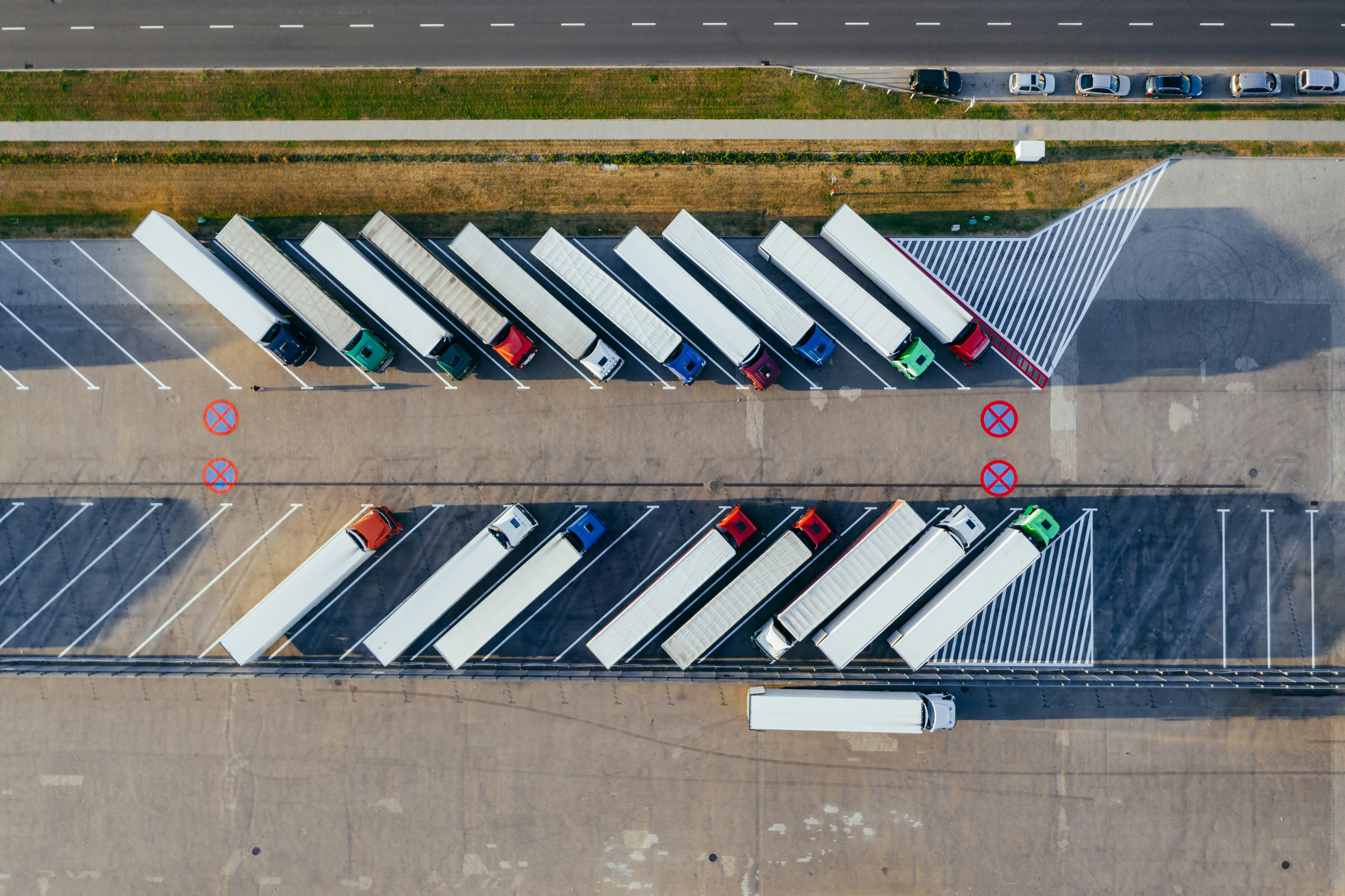- Reduces costs
Effective transportation is used to enhance cost control in the supply chain business. Freight and fuel costs are some of the most expensive aspects in the logistics industry that take up most of the budget. Moving products from one location to another is cost-intensive, and controlling these costs and keeping them as low as possible is required to minimize the expenditure in all business operations. The good thing is that there are technologies that enhance transparency in transportation and logistics, and companies can use these technologies to know more about the transportation ecosystem and where increased costs can be experienced.
- Proper logistics improve customer service
It is only through transport and logistics that products can reach the customer in time. However, items reaching a customer is not the issue. The real challenge is whether the customer receives the product at the right time and in the correct state. With the proper transportation in the supply chain, the customer's needs are addressed, and the product is delivered on time. Throughout the logistics process, the needs of the customer must be at the center. Products must reach a customer in good condition as stipulated and on time.
- Transportation eases supply chain shipment segmentation
Prioritizing shipments is vital in transport and logistics. Different aspects such as the time of the year, type of customer, supplier, and the products determine the urgency and the importance of products in transit. For proper reflection and attainment of these complex issues in the supply chain, segmentation is often the best solution. Segmentation allows a change in the mode of transport to suit the realities and set up alternative carriers for products or customers who need faster deliveries.
- Logistics offers more Supply chain options
Products use various modes of transport through the supply chain before they arrive at the destination. These modes are needed to satisfy the customer's needs and must often support the local and international supply chains. Although trucks are the most popular modes of transport, making the road transport a popular choice for many, air transport and sea transportation is often the best choice for some products. Pipelines are also popular in the transportation of liquid or gaseous products. An appropriate mode of transportation must be chosen for a given product depending on the type of product, customer, and the distance it takes for the product to reach the customer or end-user.
- Logistics bypasses the geographical boundaries
Trucks are the preferred mode of transport in supply chain operations. It allows manufacturers and retailers to move products by land efficiently and at a lower cost. Different modes of transport goods across borders, making it possible for citizens of specific countries to get the items they want in time while also improving the economy. Trucks remain the most preferred mode of transport because they can pass terrains that no other modes of transport cannot. For example, trains have a limited reach while air transport has limitations in terms of weight and needs an airport. Trucks are also cheaper and more convenient compared to air, rail, and sea transport options.





